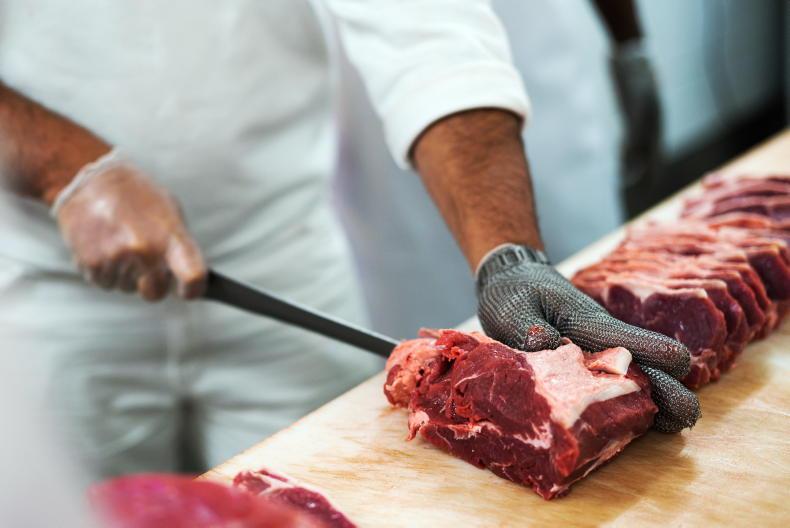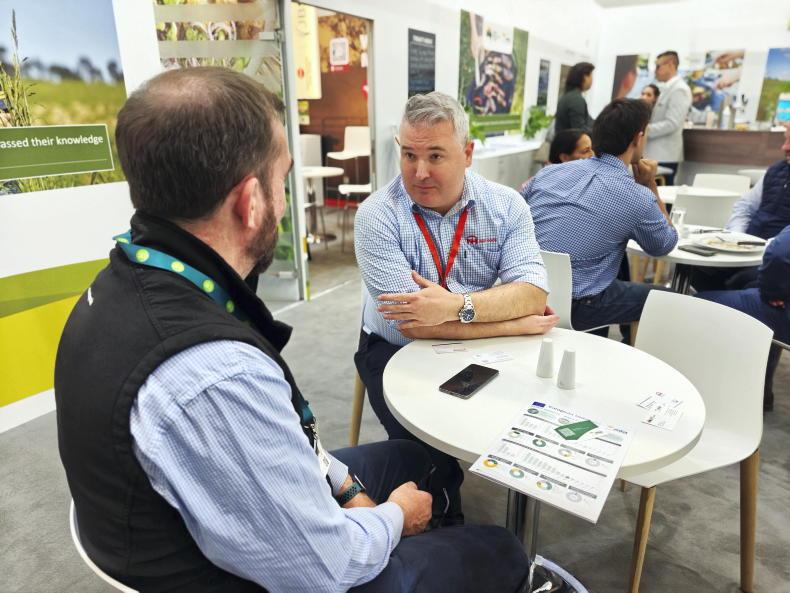The consumption of meat in diets will have to be cut by 30% for the UK to meet health, climate and nature targets by 2032, an independent report on food policy has claimed.
Titled the National Food Strategy review, it outlines a variety of recommendations for UK legislators to make at all levels of the agri-food sector, from production and processing to sales taxes.
Also recommended in the report was an increase of 30% in the dietary inclusion of fruit and vegetables, along with an increase of 50% in the fibre consumption of consumers by 2032.
The review was commission by the then Secretary of State for Environment, Food and Rural Affairs Michael Gove for his Department in 2019.
Food strategy
The report provided recommendations on the UK’s national food strategy, which seeks to align health, environmental and food accessibility goals.
“Having a national food strategy is a first step towards developing a cohesive, inclusive response to many of the contemporary challenges associated with our food choices,” commented Professor Joanna Price of Royal Agricultural University after the report’s release.
One-third of the budget currently allocated to direct payments in the UK, an amount totalling between £500m and £700m, was proposed for carbon sequestering land uses
The report comes amid uncertain times for many UK farmers.
An agriculture act, environmental bill, and the national food strategy are all positing the future of the country’s agri-food sector post-CAP.
“What farming businesses need now, more than anything, is to have clarity on the direction the policy is heading, how it will be implemented and how these policy measures will change the economics and dynamics of food production,” Professor Price continued.
Agricultural policy
The review also provided recommendations for farming policy post-CAP.
One-third of the budget currently allocated to direct payments in the UK, an amount totalling between £500m and £700m, was proposed for carbon sequestering land uses.
Among the carbon-friendly farming land uses suggested by the review to receive direct payments are:
400,000ha of broadleaf woodland.325,000ha of restored upland peat.200,000ha of heath and species-rich grassland.Both carbon leakage and the potential negative consequences of future UK trade deals were addressed.
“The government needs a trade policy that supports its environmental ambitions. Otherwise, we will simply end up transferring damaging farming practices from one part of the planet to another, and driving thousands of our own farmers to the wall in the process,” the report acknowledged.
The consumption of meat in diets will have to be cut by 30% for the UK to meet health, climate and nature targets by 2032, an independent report on food policy has claimed.
Titled the National Food Strategy review, it outlines a variety of recommendations for UK legislators to make at all levels of the agri-food sector, from production and processing to sales taxes.
Also recommended in the report was an increase of 30% in the dietary inclusion of fruit and vegetables, along with an increase of 50% in the fibre consumption of consumers by 2032.
The review was commission by the then Secretary of State for Environment, Food and Rural Affairs Michael Gove for his Department in 2019.
Food strategy
The report provided recommendations on the UK’s national food strategy, which seeks to align health, environmental and food accessibility goals.
“Having a national food strategy is a first step towards developing a cohesive, inclusive response to many of the contemporary challenges associated with our food choices,” commented Professor Joanna Price of Royal Agricultural University after the report’s release.
One-third of the budget currently allocated to direct payments in the UK, an amount totalling between £500m and £700m, was proposed for carbon sequestering land uses
The report comes amid uncertain times for many UK farmers.
An agriculture act, environmental bill, and the national food strategy are all positing the future of the country’s agri-food sector post-CAP.
“What farming businesses need now, more than anything, is to have clarity on the direction the policy is heading, how it will be implemented and how these policy measures will change the economics and dynamics of food production,” Professor Price continued.
Agricultural policy
The review also provided recommendations for farming policy post-CAP.
One-third of the budget currently allocated to direct payments in the UK, an amount totalling between £500m and £700m, was proposed for carbon sequestering land uses.
Among the carbon-friendly farming land uses suggested by the review to receive direct payments are:
400,000ha of broadleaf woodland.325,000ha of restored upland peat.200,000ha of heath and species-rich grassland.Both carbon leakage and the potential negative consequences of future UK trade deals were addressed.
“The government needs a trade policy that supports its environmental ambitions. Otherwise, we will simply end up transferring damaging farming practices from one part of the planet to another, and driving thousands of our own farmers to the wall in the process,” the report acknowledged.









SHARING OPTIONS